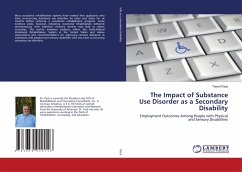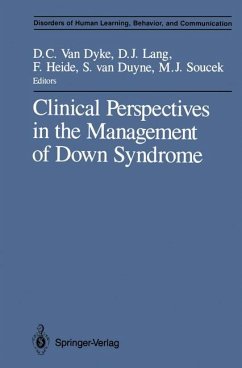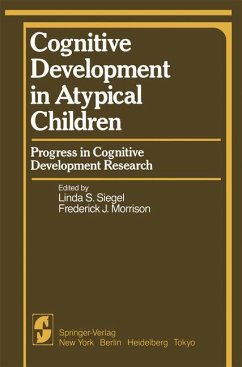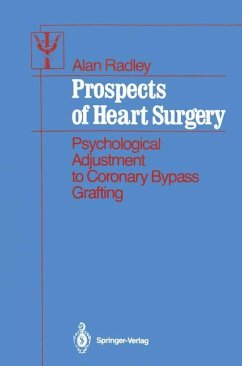
Supported Employment Within the Recovery Model of Rehabilitation
The Importance of Improving Outcomes For Individuals with Severe Mental Illness
Versandkostenfrei!
Versandfertig in 6-10 Tagen
32,99 €
inkl. MwSt.

PAYBACK Punkte
16 °P sammeln!
Individuals with severe mental illnesses face heavy barriers to employment, including the symptoms of the disorders themselves, medication side effects, and stigma and misconceptions about mental illness from coworkers and employers. Consistent employment has a strong positive impact on recovery for the severely mentally ill, but most are unemployed in spite of their desire to work. Access to and participation in supported employment services is an essential part of helping these individuals to return to the workplace, but the presence of different models of rehabilitation contributes to incon...
Individuals with severe mental illnesses face heavy barriers to employment, including the symptoms of the disorders themselves, medication side effects, and stigma and misconceptions about mental illness from coworkers and employers. Consistent employment has a strong positive impact on recovery for the severely mentally ill, but most are unemployed in spite of their desire to work. Access to and participation in supported employment services is an essential part of helping these individuals to return to the workplace, but the presence of different models of rehabilitation contributes to inconsistent levels of service and results. Research to determine which model provides the desired outcomes more efficiently and consistently is vitally necessary. This book offers psychologists, counselors, and other mental health and rehabilitation professionals a review of the challenges faced by persons with severe mental illness and of the concepts of recovery and supported employment withintwo popular models of rehabilitation, makes suggestions for future research, and emphasizes the importance of the results to improving the outcomes of vocational rehabilitation.












